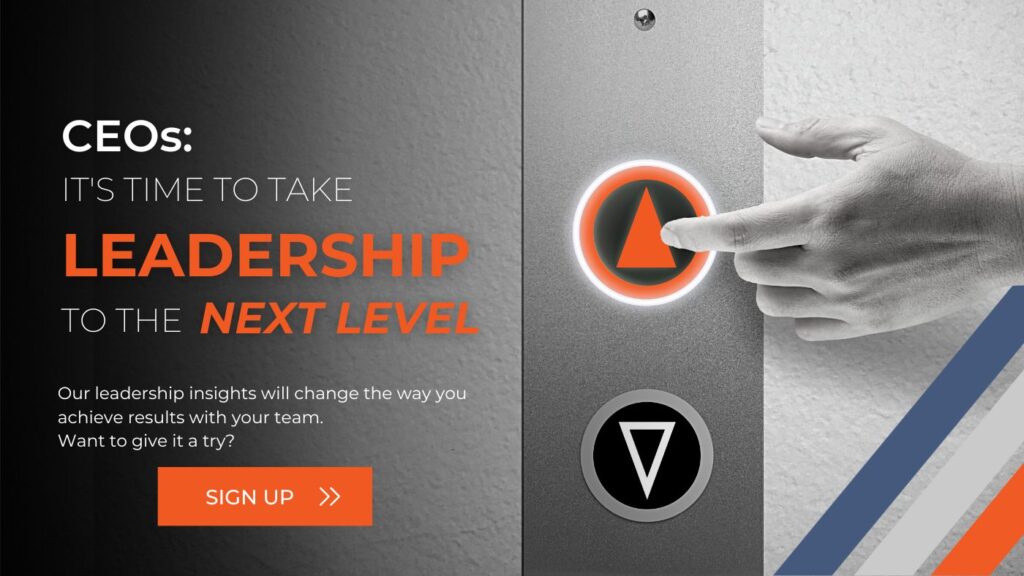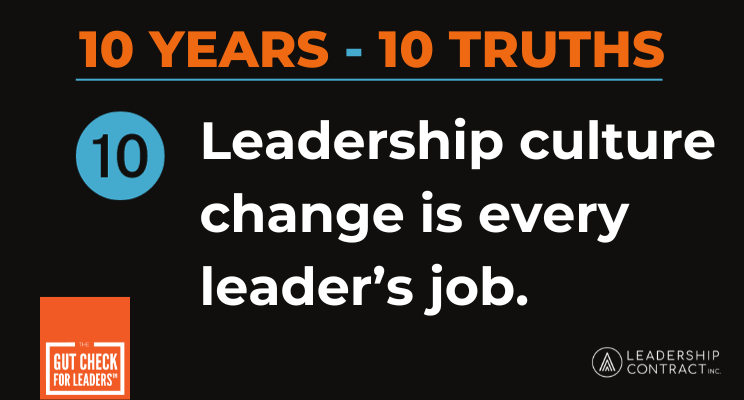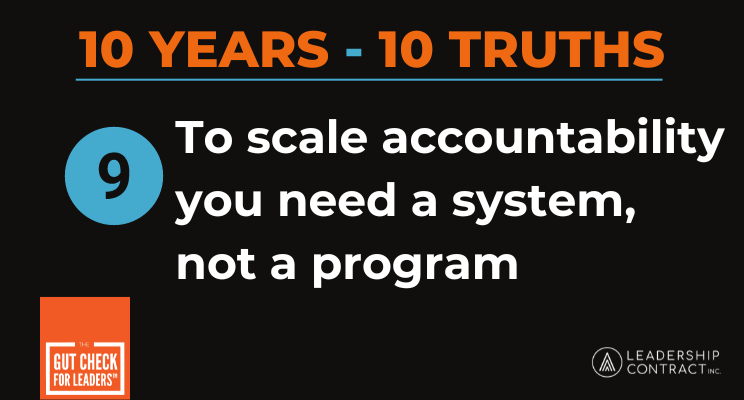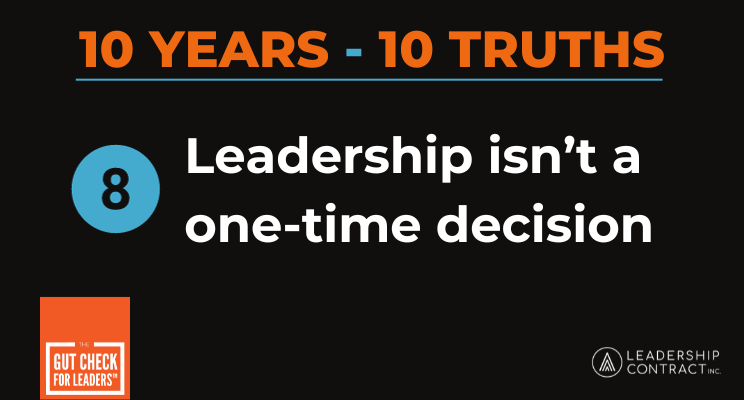Amidst the trending topic of The Great Resignation, which we’ve reframed as The Great Reassessment, people have decided they need to feel connected to their purpose at work. This month we will explore this concept from various angles to help you see what it means for yourself and how you should lead.
BIG IDEA:
The meaning of work is being redefined right now.
Early in my career, I worked as a career counsellor, helping my clients navigate their lives in the face of the change and uncertainty that people faced in the early 1990s.
To ensure I provided the most value I could to my clients, I stayed on top of the trends about the future of work. The year 2000 was less than a decade away – that date represented the future. So there was no shortage of books and research available.
Some thinkers at the time laid out a potentially grim vision of the future. In the book, The End of Work, economic and social theorist Jeremy Rifkin projected a world of mass unemployment due to technology. Other writers believed society had the opportunity to free people from the drudgery of work. We could work three or four days a week and have the luxury to pursue a host of leisure activities. These thinkers argued that we were at a critical juncture to create a future of work with abundant opportunities for meaningful jobs and lives for millions of people around the world.
As I look back at that time, the reality is that work has evolved since then, but the scenarios that many projected didn’t really materialize.
But the global pandemic really has triggered a series of profound changes in how we work and why we work. I believe the future of work has finally arrived.
We see it in all the talk lately about The Great Resignation. And it’s true that millions of workers have already quit their jobs, and many more are looking for new opportunities.
But as I see it, there’s something deeper going on than people simply looking for a change, or trying to trade up for better pay or working conditions. Ultimately, thanks to the pandemic, people are actually reassessing the role of work in their lives and looking for a connection to their purpose at work.
I believe that’s why we’re seeing such strong support for remote and hybrid work, even at companies with great cultures. Having had a taste of a more flexible schedule during the pandemic, many people are excited about some of the benefits of hybrid work, including the ability to set your own hours and work from anywhere, the flexibility to better balance one’s life, and a greater focus on results over presenteeism.
For many people, the pandemic has sparked a reassessment of the place of work in their lives. They’re reprioritizing family, friends, and outside interests, and looking for ways to organize work around their lives, instead of the other way around.
WHY IT MATTERS:
We never took engagement data seriously, and now we’re seeing the results.
Employee engagement data has fluctuated over time, but it basically hasn’t budged for decades. Only about 25% of employees are fully engaged, while about half are wishy-washy, and 25% are actively disengaged. The numbers may change slightly, but the core truth hasn’t changed: most people aren’t very engaged in their work.
As leaders, and as organizations, we’ve never fully grappled with this fact. Now we’re seeing just how weak employees’ ties to the workplace really are. Of course, it’s perfectly possible for someone to enjoy working remotely and still be engaged in their work. But with millions of people quitting their jobs, it’s clear that many people have decided that a job they don’t care much about simply isn’t worth it anymore.
THE IMPACT:
This can be a healthy reassessment for individuals. The challenge will be making it healthy for organizations, too.
Reassessing the role and purpose of work in your life and recommitting to personal priorities is a healthy thing to do. You’d never try to tell a close friend that they should derive all sense of purpose and meaning in their life from their work—that would be unhealthy.
The best organizations will not be threatened by employees who are shifting their schedules and priorities to make more time for their families, friends, and meaningful hobbies. People with full, rewarding lives make great employees. Instead of trying to pull people back into the office to fulfill some kind of fantasy of engagement, the best organizations will instead focus on instilling a sense of purpose and meaning into the work that employees do.
WHAT TO PAY ATTENTION TO:
Increase employees’ sense of purpose at work by connecting them to the larger purpose of the organization.
How well do employees understand the organization’s larger purpose? Research shows that employees want to feel a sense of purpose at work—82% of employees feel it’s important for a company to have a sense of purpose, and 72% believe that purpose should have more weight than profit. The challenge for organizations, and for leaders, is to take a lofty mission statement, a corporate social responsibility project, or a sustainability initiative, and bring it down to earth so employees can see the direct connection between the work they’re doing and that larger purpose.
Unfortunately, most organizations aren’t great at this. Research also shows that even the top leaders in a company often don’t know what the organization’s strategy is supposed to be. Employees can’t get a sense of how their work connects to the big picture if they can’t see the big picture in the first place.
The research suggests that this disconnect tends to start at the very top, with an executive team, but leaders at any level can reassess their own sense of the organization’s strategic priorities, and communicate those priorities to their direct reports. If you can show how your team’s daily work connects to the organization’s strategic goals, and how those goals connect to a larger purpose like solving problems for customers or making the organization more sustainable, you’ll increase your team’s engagement and loyalty.
What are you doing to create meaning and purpose at work?
Gut Check for Leaders
Read more:
- What is the purpose of a corporation in today’s world?
- What the Great Resignation means for you as a leader
- Purpose: shifting from why to how
More Leadership Resources
We have many resources to help you become the most accountable leader you be, develop accountable leaders on your team, and scale leadership accountability across your organization.
Signup for our monthly newsletter with the latest Gut Check for Leaders, Lead the Future Podcast, and other important leadership accountability news.
Also, you can RSVP for our upcoming webinar, join our online community of accountable leaders, or buy Dr. Molinaro’s, latest book, Accountable Leaders, on Amazon.





